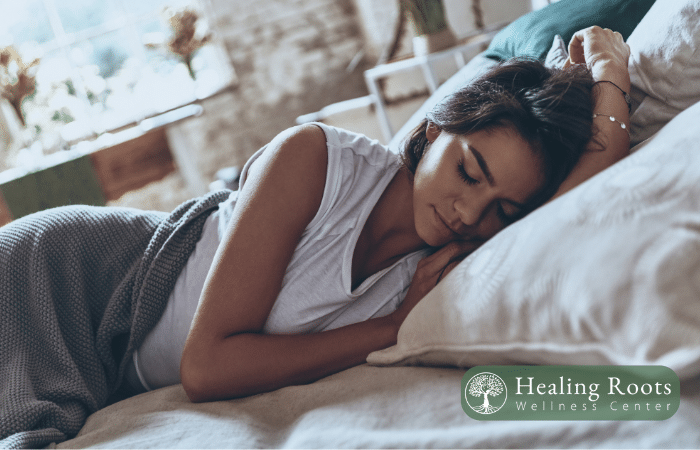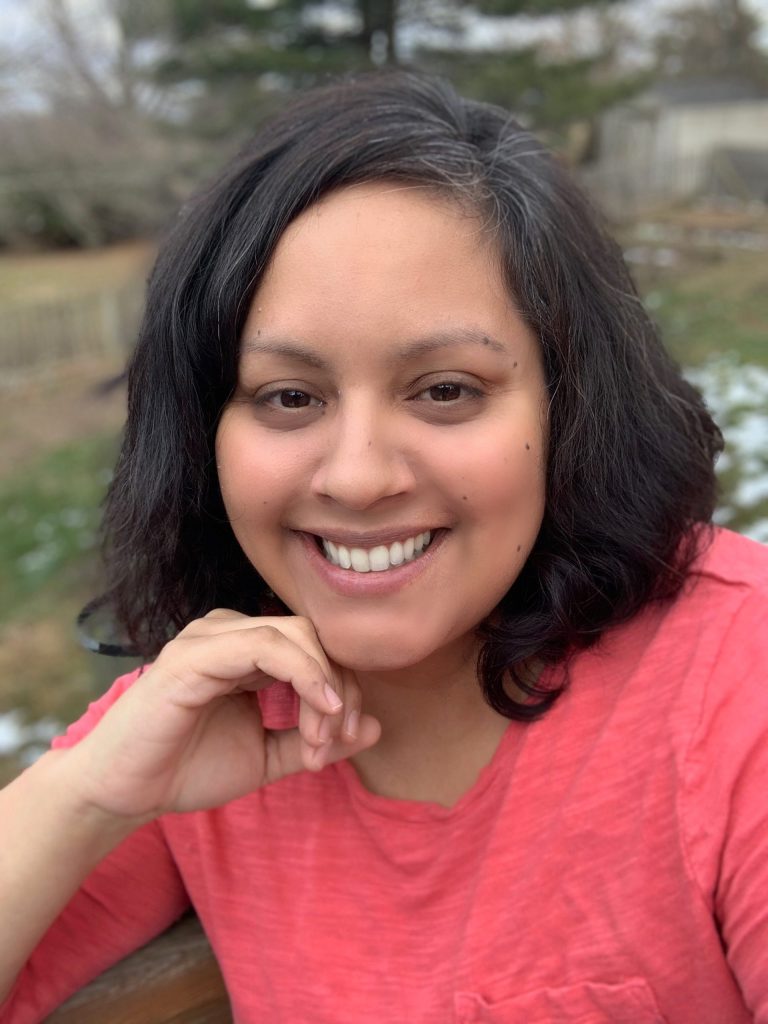The Menstrual Cycle and Sleep: Understanding the Connection
Sleep is one of the most critical pillars of health, yet for many assigned female at birth (AFAB), it can feel elusive at different points in the menstrual cycle. Hormonal fluctuations throughout the month don’t just impact mood and energy—they also play a significant role in sleep quality.




